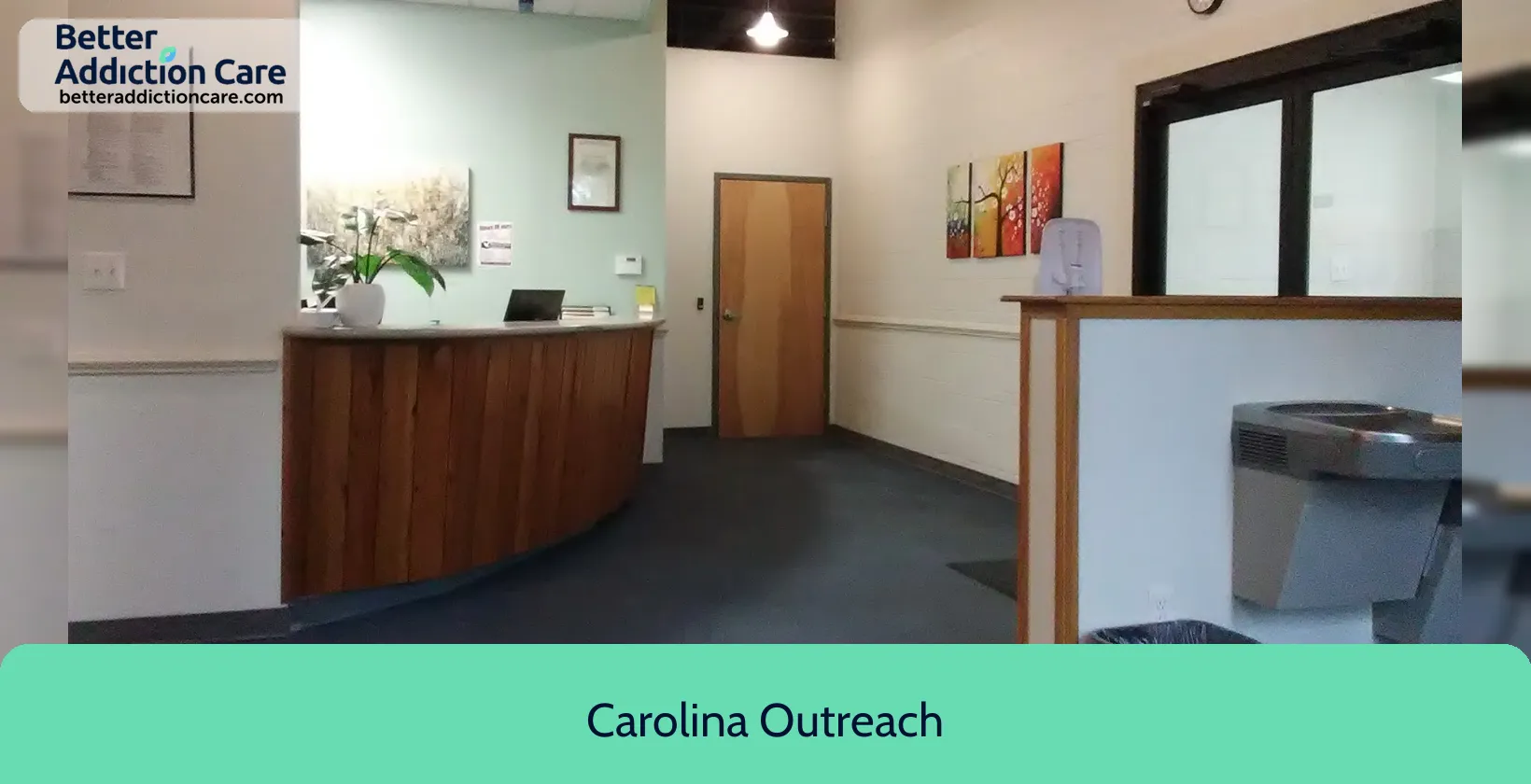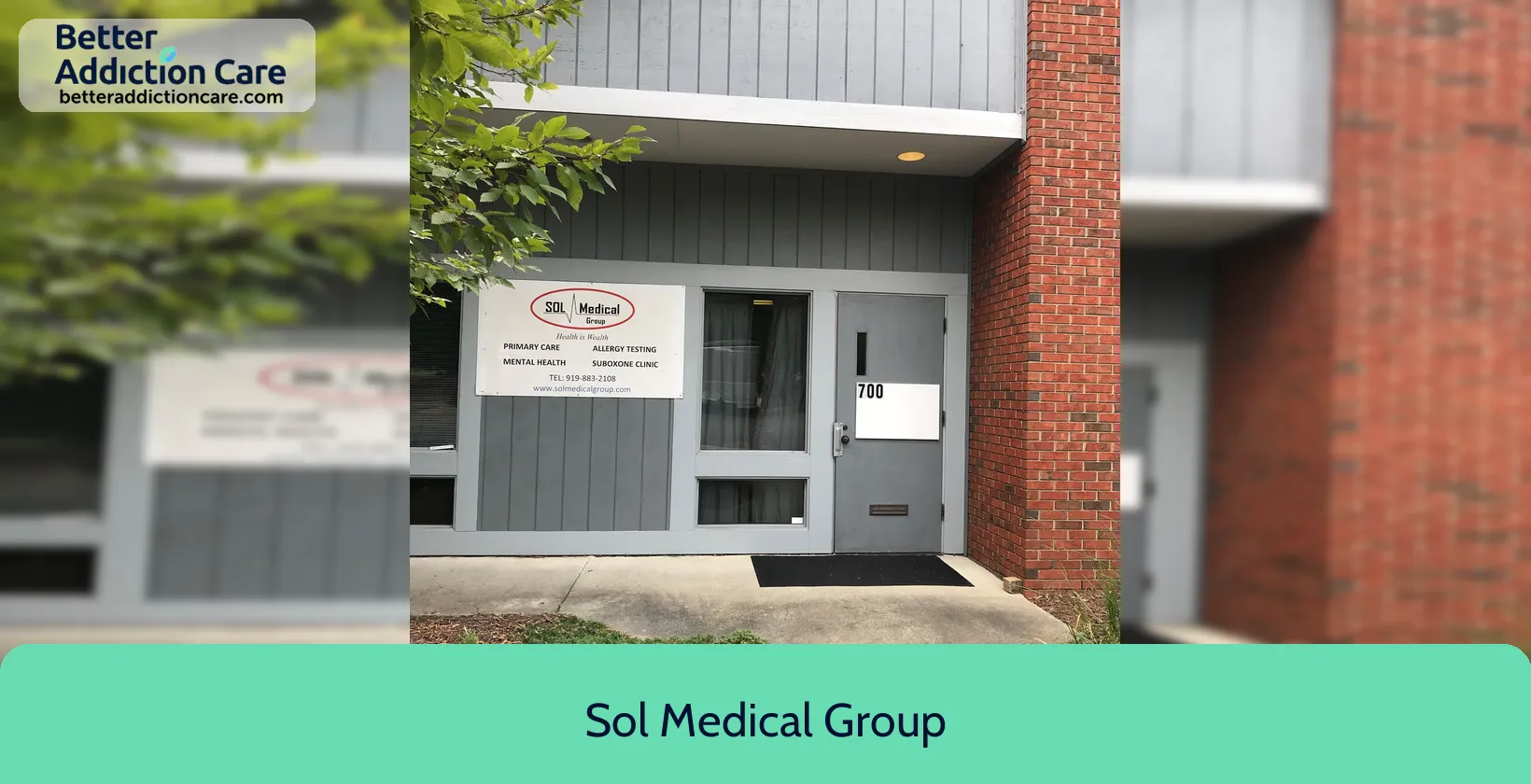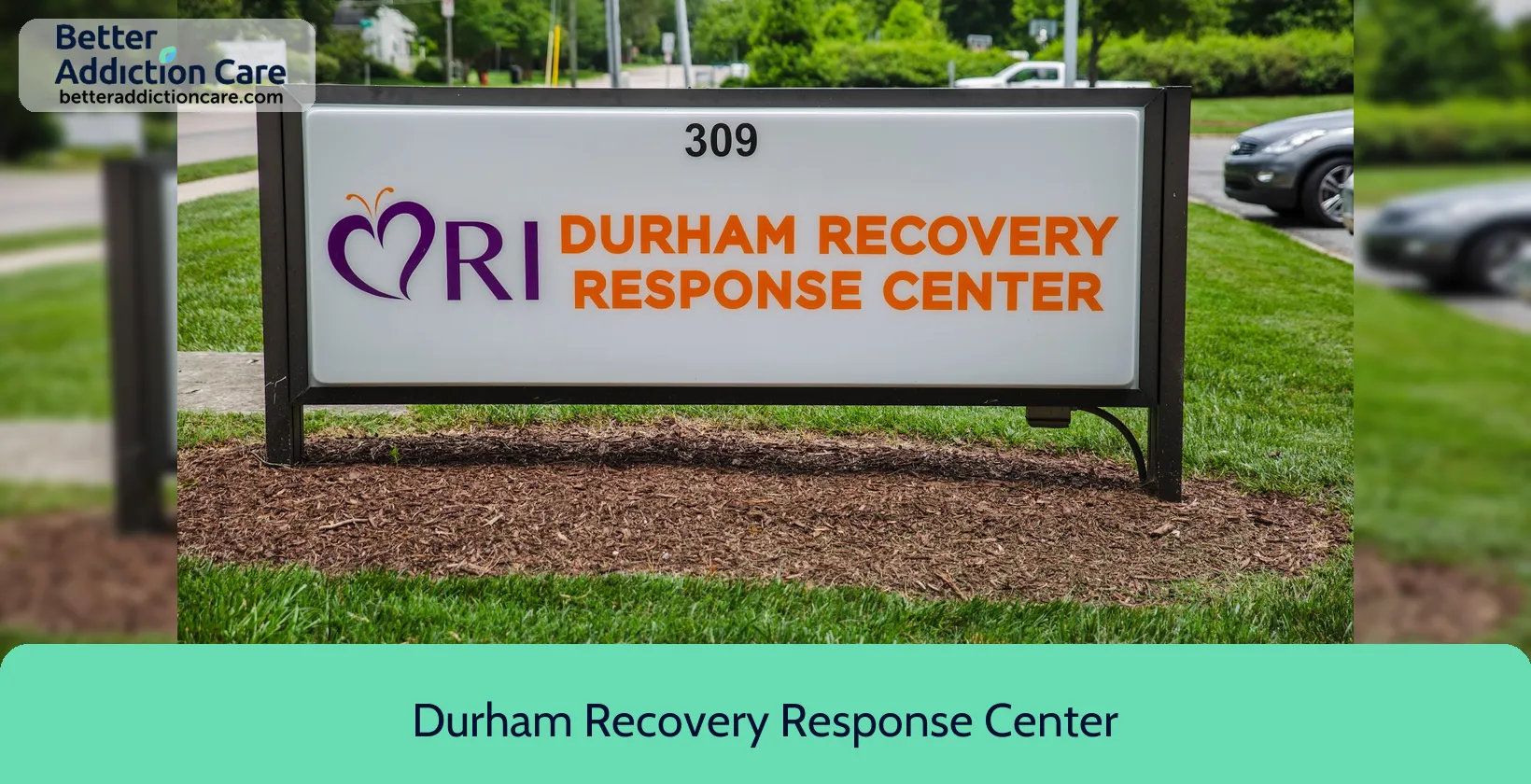Freedom House Recovery Center - Men's Halfway House

Overview
Freedom House Recovery Center - Men's Halfway House is a substance abuse treatment center for people seeking treatment near Durham County. As part of their treatment modalities for recovery, Freedom House Recovery Center - Men's Halfway House provides 12-step facilitation, individual psychotherapy, and group counseling during treatment. Freedom House Recovery Center - Men's Halfway House is located in Durham, North Carolina, accepting cash or self-payment for treatment.
Freedom House Recovery Center - Men's Halfway House at a Glance
Payment Options
- Cash or self-payment
- State-financed health insurance plan other than Medicaid
- Sliding fee scale (fee is based on income and other factors)
- Federal, or any government funding for substance use treatment programs
- Payment assistance (check with facility for details)
Assessments
- Comprehensive mental health assessment
- Comprehensive substance use assessment
- Screening for tobacco use
- Outreach to persons in the community
- Screening for substance use
Age Groups
- Adults
- Young adults
Ancillary Services
- Case management service
- Social skills development
- Transportation assistance
Highlights About Freedom House Recovery Center - Men's Halfway House
6.96/10
With an overall rating of 6.96/10, this facility has following balanced range of services. Alcohol Rehabilitation: 8.06/10, Drug Rehab and Detox: 6.31/10, Insurance and Payments: 6.00/10, Treatment Options: 7.46/10.-
Alcohol Rehabilitation 8.06
-
Treatment Options 7.46
-
Drug Rehab and Detox 6.31
-
Insurance and Payments 6.00
Accreditations
Commission on Accreditation of Rehabilitation Facilities (CARF):

CARF accreditation is a prestigious recognition granted to rehabilitation and human service organizations. It signifies that an organization meets high-quality standards, having undergone a rigorous evaluation process. CARF accreditation boosts an organization's credibility and ensures top-notch care for individuals with disabilities, injuries, or healthcare needs.
Treatment At Freedom House Recovery Center - Men's Halfway House
Treatment Conditions
- Mental health treatment
- Alcoholism
- Opioid Addiction
- Substance use treatment
- Co-occurring Disorders
Care Levels
- Intensive outpatient treatment
- Detoxification
- Aftercare
- Halfway house
- Outpatient
Treatment Modalities
- 12-step facilitation
- Individual psychotherapy
- Group counseling
- Experiential Therapy
- Life Skills
Ancillary Services
Additional Services
- Pharmacotherapies administered during treatment
- Mentoring/peer support
- Breathalyzer or blood alcohol testing
Special Programs
- Clients who have experienced trauma
Get Help Now
Common Questions About Freedom House Recovery Center - Men's Halfway House
Contact Information
Other Facilities in Durham

6.89

6.77

7.14

7.01

7.19

6.84

7.17

7.34
DISCLAIMER: The facility name, logo and brand are the property and registered trademarks of Durham Recovery Response Center, and are being used for identification and informational purposes only. Use of these names, logos and brands shall not imply endorsement. BetterAddictionCare.com is not affiliated with or sponsored by Durham Recovery Response Center.
